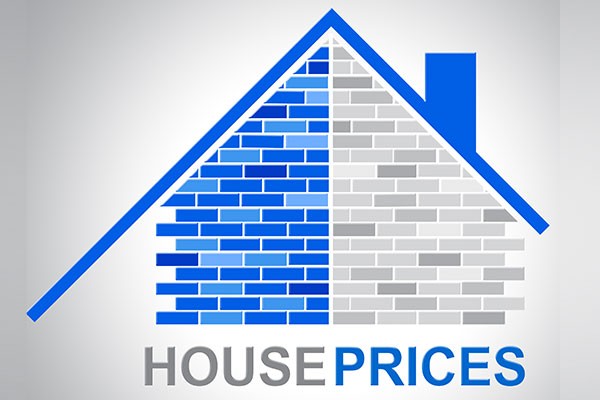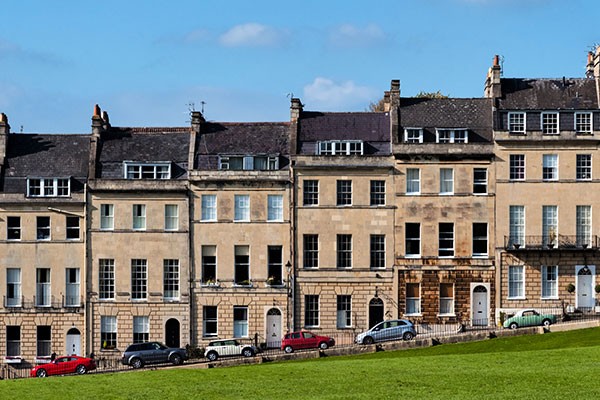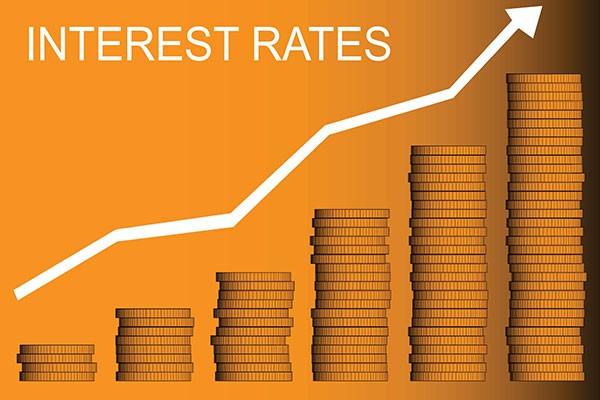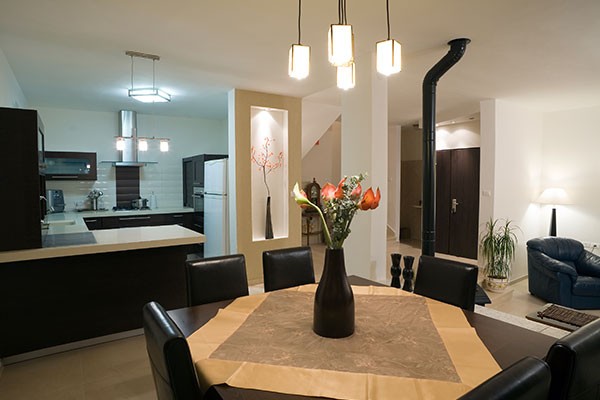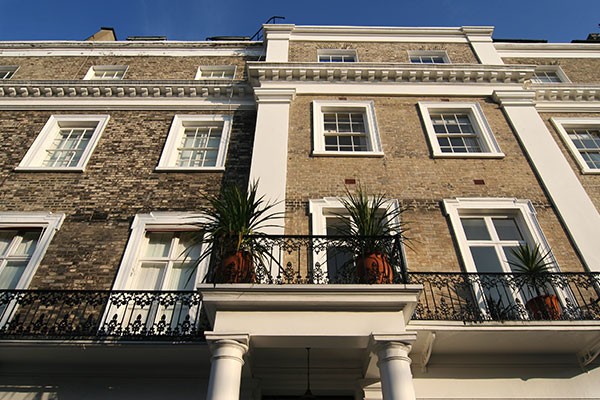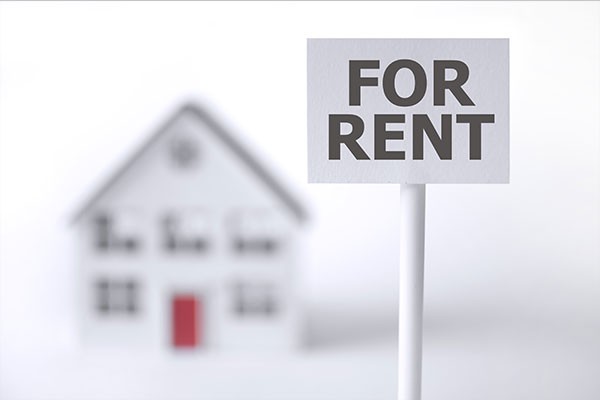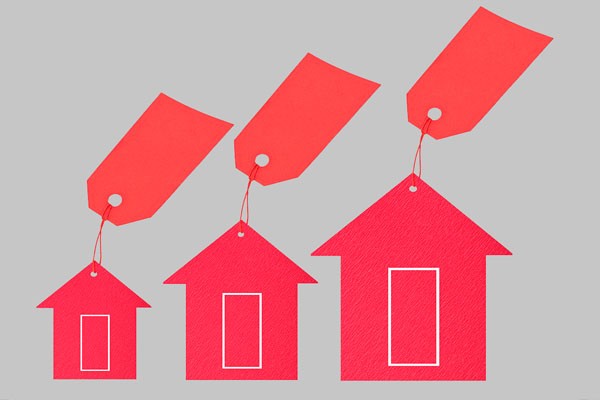Property News
Keep up-to-date with all the latest property news & updates.
Two New Ranges Of Buy To Let Mortgages Now Available In The UK
The buy-to-let market and lenders are continuously innovating in an effort to increase their share of the market. It's also very encouraging that lenders will consider tweaking their criteria to provide more products to certain sectors of the market.
Total Gross Mortgage Lending Increased To £17.6 Billion In October
Gross mortgage lending statistics demonstrate the strongest performance in a long time. In particular, a report from the Council of Mortgage Lenders indicates that there has been an increase in gross mortgage lending to approximately £17.6 billion.
Three-Quarters Of The UK See Substantial House Price Rise
With each of the major political parties taking a different stance, there is much uncertainty about what way the British economy will turn once a final decision has been made - until there we will only be experiencing property market jitters.
Stamp Duty Set To Rise For Over A Third Of Home Buyers In The Next Five Years
According to economists, changes in stamp duty are poised to increase housing prices. In particular, stamp duty is about to rise for approximately a third of homebuyers in the next half-decade. This is a surprise change that is likely to improve the housing market.
Rising Interest Rates Biggest Risk To Housing Market According To Consumers
There are lots of distinct factors that influence the housing market, but rising interest rates currently represent one of the biggest risks. So, what are the other factors in play, and why are rising interest rates the most threatening variable?
Rising House Prices May Threaten Help To Buy Scheme
The help-to-buy scheme was supposed to help with the housing crisis, but it hasn't been as powerfully effective as some might have hoped. Rising house prices play a significant role, but there is a range of interrelated reasons why the help-to-buy scheme hasn't worked as a magic bullet.
Is Renting More Affordable Than Buying Property In London?
Across most of London and in more than half of the UK, it's not cheaper to rent a property than it is to buy one. This data comes from recent research by the property company Zoopla, whose findings build on the recent reports that rent prices are rising more slowly than before. Indeed, renters report more or less static prices, and in some cases report rent falling for the first time in 7-8 years.
Property Prices Increase By 7.7% In Three Months To November
New data reveals that UK property prices have seen an increase in by an average of £16,000 to nearly £218,000 over the last quarter. According to the Office for National Statistics, there was a 2% increase between August and September - with a total average cost of a home up by 7% over the last 3 months.
People In The UK Renting For Longer
It's evident that people in the UK are renting for longer than ever before. According to the most recent English Housing Survey, a fifth of the population now lives in rented accommodation. This adds up to around 4.7 million households, and it's double the amount of people who were living in rented accommodation in the previous decade.
Number Of UK Properties For Sale At A Discounted Price Falls
The average house price in the UK is falling month by month, especially in and around London. In addition, the number of both houses and flats changing hands has reduced, decreasing by approximately 1,000 within one year.
London And The South East Hold The Majority Of The UK's Housing Wealth
Statistics reveal that property homeowners in London and the South East of England hold the majority share of the UK's housing market. Property wealth is considerably more than other parts of the county has seen over the past five years.
New Year Property Market Forecasts
Property market forecasts indicate the UK prices are set to fall for the remainder of the year, before potentially increasing in the new year. Let's take a closer look at the most recent statistics, and at the most important details of the new year forecast.



